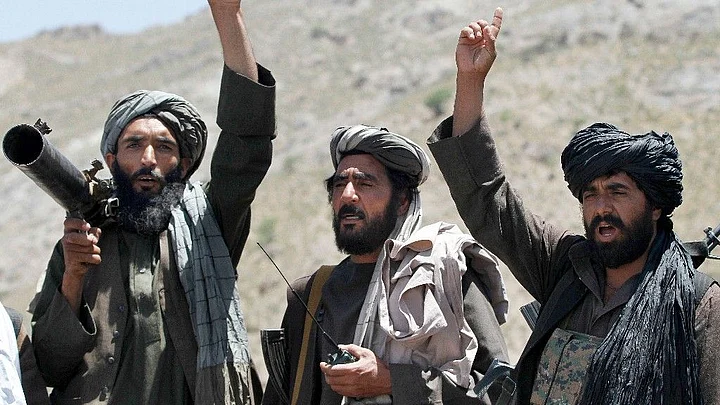Afghanistan’s Independent Election Commission (IEC) has recently announced the postponement of the presidential elections to 28 September, which was scheduled to be held on 20 July. This is the second time that the country’s IEC has rescheduled the election dates which was originally slated for April this year.
The history of elections in the country has been marred with corruption and insecurity. Since the ousting of the Taliban regime in 2001, the IEC conducted its first presidential and provincial elections in 2009, which turned out to be flawed.
The 2014 presidential elections on 5 April 2014, in the first round, appeared to be without fault, but the 14 June 2014 runoff was plagued with allegations, leveled particularly by Dr Abdullah, of systematic fraud. Afghanistan’s IEC’s assertion on conducting the 2019 presidential elections needs concrete reform, and some more time.
Taliban’s Preconditions for ‘Peace Talks’ Hinder Democracy
Increasing attacks in many provinces in Afghanistan made the voter registration process quite challenging last year. To function effectively with a democratic frame work, fair elections must take place. Continual conflict is a colossal challenge for Afghanistan, hindering successful elections.
The on-going peace talks with the Taliban don’t have a clear vision of working for national interest. What were the Taliban’s pre-conditions to conducting elections in the country?
- Equal participation of Taliban in the government,
- Exit of foreign forces,
- Sharia-based government
- Closure of all Indian consulates
Transparency and focusing on governance is not the agenda of the Taliban. However, the peace negotiations will require conclusive measure points focusing on the sovereignty of their nation, not just levying preconditions. While reforms are important and welcome, the need of the hour is a change in mindset at all levels.
Taliban’s main precondition is the withdrawal of foreign forces, interim government and the framework of the Constitution as per their law. President Ashraf Ghani is not in favour of an interim government, and if it happens, it will be after the ceasefire.
The National Unity Government led by President Ashraf Ghani is being imperilled by extremism which is obstructing the country’s growth.
How Taliban ‘Hijacks’ Elections
For decades, Afghanistan does not have a tradition of the peaceful transfer of power for electing democratic governments. Taliban’s culture of gun violence reflects the trend towards increasingly violent attacks, dismantling peace, and posing the biggest challenge yet to nation building.
Elections under these circumstances are characterised by insecurity, low voter turnout, and what’s worse, there is lack of political will and no corrective actions to check election-relation corruption. This undermines the credibility of the government.
On the recent parliamentary elections held in October 2018, a special report prepared by the United Nations Assistance Mission in Afghanistan (UNAMA) brought out human rights issues affecting political participation. According to the IEC, of the approximately 8.8 million Afghans registered to vote, only about 4.2 million cast their vote. As per the UNAMA reports, 152 security-related issues were registered from April-October 2018 elections, resulting in 496 civilian casualties (156 deaths and 340 injured), and the abduction of 245 civilians.
The Role of the International Community
Regional countries must rethink the parameters set in the Bonn Conference of 2001 that charted the political course for Afghanistan. The announcement of withdrawing 7,000 troops from Afghanistan last year by President Trump is quite perplexing at this crucial juncture of uncertainty, with various undercurrents like terrorism, weak governance, conflicting with various regional aspirations.
The international community must take measures to establish an effective Afghan government. In all likelihood, a meeting is scheduled to take place in April, between the US, Russia, Afghan government representatives, and other Afghan leaders, to chalk out the future course of action in Afghanistan.
(The writer was formerly associated with the Afghanistan government. She tweets @neelapushant. This is a personal blog. Views expressed are the author’s own. The Quint neither endorses, nor is responsible for them.)
